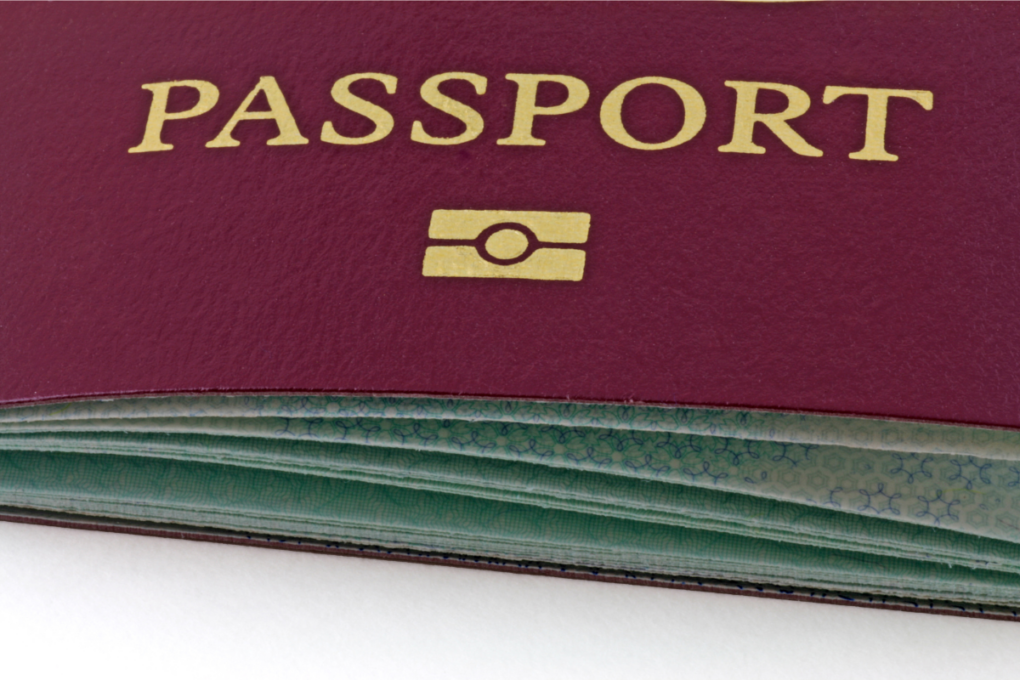Honour Based Abuse is a form of Domestic Abuse which is motivated by the abuser’s perception that a person has brought or may bring ‘dishonour’ or ‘shame’ to themselves, their family or the community. It can take many forms, and can be complex to identify, but centres around the idea of controlling individuals to make them behave in certain ways or subscribe to certain beliefs.
For some people, the concept of ‘honour’ is prized above the safety and wellbeing of individuals, and to compromise a family’s ‘honour’ is to bring dishonour and shame – which can have severe consequences. As a result, this can be used to justify many types of abuse, and even disownment or physical harm.
Honour Based Abuse is not a cultural tradition or religious practice; it is a form of abuse that can occur within any community, regardless of faith or background. Abuse is abuse – no matter who the perpetrator is or how they justify it.
There are many misconceptions about Honour Based Abuse being associated with certain cultures or religions, and our work is dedicated to challenging and correcting such beliefs. Honour Based Abuse is not a cultural tradition or religious practice; it is a form of abuse that can occur within any community, regardless of faith or background. Abuse is abuse – no matter who the perpetrator is or how they justify it. No one – not even your family or partner – has the right to control or to harm you, emotionally or physically.
Honour Based Abuse can lead to a deeply embedded form of coercive control that begins early in the family home, built on expectations about what behaviour is considered acceptable or unacceptable, with multiple people or family members contributing to the coercive control. Control can also be established without overt violence against the victim. For example, perpetrators may threaten to kill themselves or ostracise the victim if they do not comply. It’s important to know that regardless of how you may feel controlled, you have the right to make your own decisions about your body, beliefs and life.
2023/24 overview
Victims of Honour Based Abuse are 7 times more likely to be experiencing abuse from multiple perpetrators
It can take many forms, and includes the following crimes:
- Domestic Abuse (including Physical, sexual, and economic abuse or coercive control) – Various forms of domestic abuse are illegal and are covered under laws aimed at protecting individuals from abuse in all forms, including physical, emotional, psychological, sexual, and financial abuse, among others, as well as coercive control
- Child Marriage – It is illegal in England and Wales to get married under the age of 18.
- Forced Marriage – Forced Marriage is illegal, and Forced Marriage Protection Orders (FMPOs) can be issued to protect individuals at risk.
- Virginity Testing – As of 2022, Virginity testing is illegal in the UK under The Health and Care Act 2022.
- Female Genital Mutilation (FGM) – FGM is a criminal offence under the Female Genital Mutilation Act 2003, which applies to performing FGM within the UK, taking someone abroad to have FGM performed (even if the procedure is legal in that country), and assisting, encouraging, or arranging FGM, whether in the UK or abroad.
Perpetrators of Honour Based Abuse are often partners or ex-partners of the person, or family members. We know through calls to our helpline, that most people experience abuse from multiple perpetrators, including parents and siblings as well as extended family members. Victims of Honour Based Abuse are 7 times more likely to be experiencing abuse from multiple perpetrators.
Read more in this section

What is Honour Based Abuse (HBA)?

How do I know if I’m experiencing HBA?

How can Karma Nirvana help me?

Should I contact the helpline and what should I expect?

I’ve been signposted to you, how do I contact you?

I’m at risk of being taken abroad to get married, what should I do?

Keeping safe online

FAQs

